Topic: Bilingualism
Overview
In this model, we will learn the benefits of bilingualism while explaining how bilingual brain structures differ from the monolingual brains. Why is it important to learn about bilingualism? We will explore how bilingualism can affect your brain structures and how bilingualism can enhance your ability, but bilingualism is not just obtaining a second language, but also it can provide a variety of benefits. In today’s society considering how the world becomes more diverse, being able to speak multiple languages can surely broaden your horizons. We will examine the brain structures of bilingualism as well as the different types of bilingualism. We will also provide some useful applications to achieve bilingualism.
Objectives
By the end of this module you will be able to:
- Identify three general concepts of bilingualism
- Understand cognitive reserve
- Understand the benefits of bilingualism on cognitive reserve
- Explore useful language learning applications
Read/Watch
https://youtu.be/MMmOLN5zBLY?si=XTrtBZ6p133GpjGk -The benefits of a bilingual brain (5mins) – A video of explaining three general types of bilingualism.
https://youtu.be/nzHY-muy2Mw?si=9LRMaec7y73oXK-L – Why being bilingual is good for your brain? (5min) – A video on a relationship between cognitive reserve and bilingualism.
https://youtu.be/xLqWGVbPYuA?si=_mv0HPZ2Eu-HLeyj – What is cognitive reserve? – a video explaining what cognitive reserve is.
Three types of bilingual
Compound bilinguals:
When a toddler and their family relocate to a new environment, they develop two sets of linguistic codes that are connected to a single, cohesive body of knowledge. A person who possesses this linguistic structure is considered compound bilingual (Postan, 2020).
Coordinate bilingual:
The adoption of English in the classroom combined with the continued use of your mother tongue at home and in the community would be the typical manifestation. The primary attribute of coordinate bilinguals is the distinction between the context, intent, and mode of usage of each language (Postan, 2020).
Subordinate bilingual:
The parents in our immigrant household could serve as an example of the final type of bilingualism. People who learn the second language by filtering their primary language are classified as subordinate bilingual.
Cognitive reserve
What is cognitive reserve? According to Harvard medical school, differences between individuals in susceptibility to age-related brain changes. There seems to be an interesting correlation between bilingualism and cognitive reserve. Speaking a second language can help preserve cognitive reserve, which can help delay the onset of dementia and lessen the effects of healthy aging. The key component of events that support cognitive reserve is their effort or stimulation. When two languages are activated simultaneously, bilinguals are constantly working to resolve competition between them which can enhance the ability of cognitive reserve (Bialystok, 2021).
Application
There are many applications that can help you to become bilingual. My personal recommendations are: Duolingo, HelloTalk, and YouTube.
Duolingo:
Duolingo can be a great language learning tool. The simple game-like format allows you to continue learning languages and have fun. I think Duolingo is a great starter language learning tool. As you can see from the picture, it allows you to practice not just Speaking, but also Listening, Reading, and Writing.
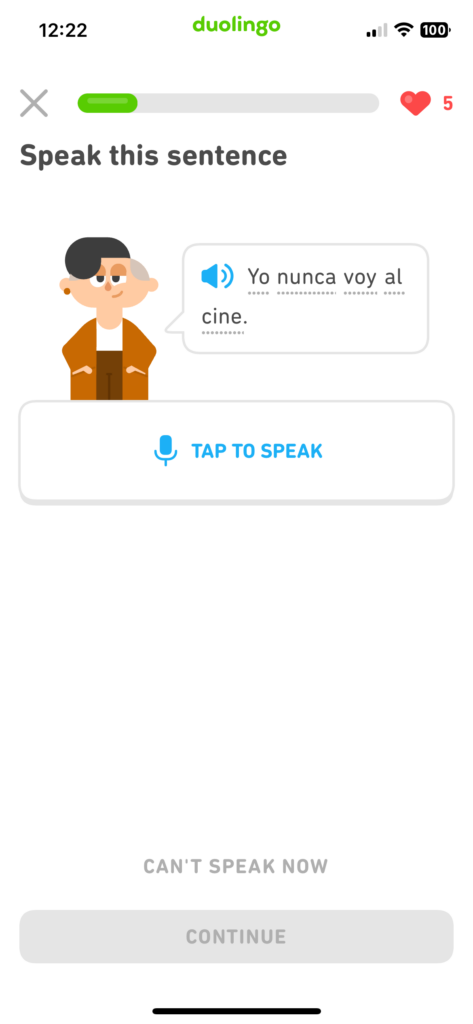
HelloTalk:
HelloTalk doesn’t directly teach you languages. However, you can easily connect to people who speak the language you are learning. It’s basically a language exchange application. It’s similar to twitter where you can post and interact with people around the world. It also has a functionality where people can correct your spellings and grammar.
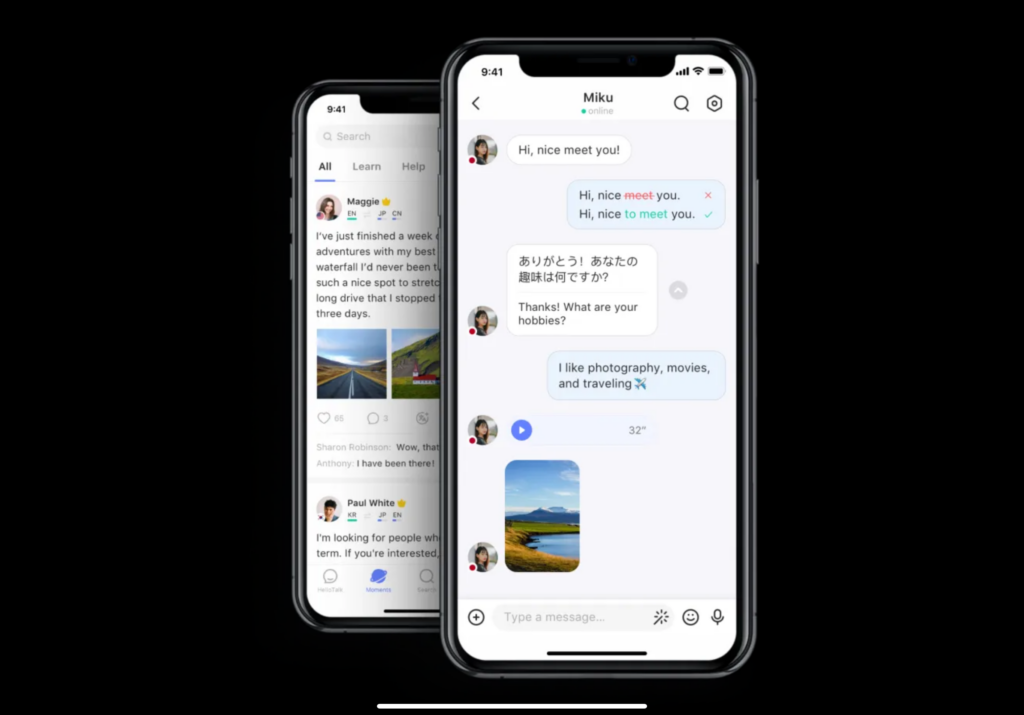
Youtube:
I think YouTube is the best learning tool in general. Duolingo doesn’t provide the depth of understanding the grammar and provides only a limited amount of vocabulary. As your language fluency develops, grammar, and vocabulary get more complex. Youtube allows you to focus on very specific topic as well, so as mentioned above how Duolingo can be a great starter language learning tool, I think YouTube can give you a lot of different and focused information regardless of the level of your language fluency.
A discussion of how each member has contributed to the project
Unfortunately, our group broke down due to a lack of communication which led to my individual work. However, this was a great opportunity to cover and demonstrate what we have learned throughout this semester.
Identify which media you created and with which tools.
I wanted to put infographics to illustrate bilingualism, but it was extremely hard to minimize the visuals and words to explain bilingualism. I chose some interesting videos on bilingualism on the beneficial aspect of cognitive reserve as well as core concepts of bilingualism. As we focused on learning methods in this course, I wanted to introduce some helpful applications to enhance reader’s learning and achieve goals.
Identify the principles, theories and techniques that we studied this term that you followed in your lesson
In this module, I didn’t want to just focus on cognitive reserve since it becomes more like a research paper. I wanted to cover how bilingualism can benefit people as well as identifying the different types of bilingualism. I attempted to use infographics, but I figured that it is very difficult and perhaps would end up confusing readers. I prioritized the Extraneous cognitive load so that readers don’t overload the information and focus on the information that I just want to provide.
I tried to use two ways to manage intrinsic load to enhance Germane load by explaining simple differences between bilingualism and complex concepts of cognitive reserve. Thus, following simple to complex methods can increase the effect of Germane cognitive load.
Discussion
- Are there any other learning applications that helped you learn a secondary language or any type of learning in general?
- If you are bilingual, which category are you? Compound, Coordinate, or Subordinate bilingual. Tell us how you obtained a second language.
- What are some of the advantages of being able to speak multiple languages?
- Any takeaway from bilingualism?
To do
- Watch the video of The benefits of bilingual brain
- Watch the video of Why being bilingual is good for your brain
- Watch the video of What is cognitive reserve?
- Tell us what learning applications were helpful and why
- Explore Duolingo or HelloTalk if you are interested in learning a language
- Add any comments on what has been discussed
Bibliography
Bialystok, Ellen. (2021). Bilingualism: pathway to cognitive reserve. https://doi.org/10.1016/j.tics.2021.02.003
Postan, Liraz. (2020). Bilingualism: two types of bilingualism. Getblend. https://www.getblend.com/blog/types-of-bilingualism/#:~:text=Coordinate%20Bilingualism%3A%20Also%20known%20in,this%20separation%20after%20mastering%20both
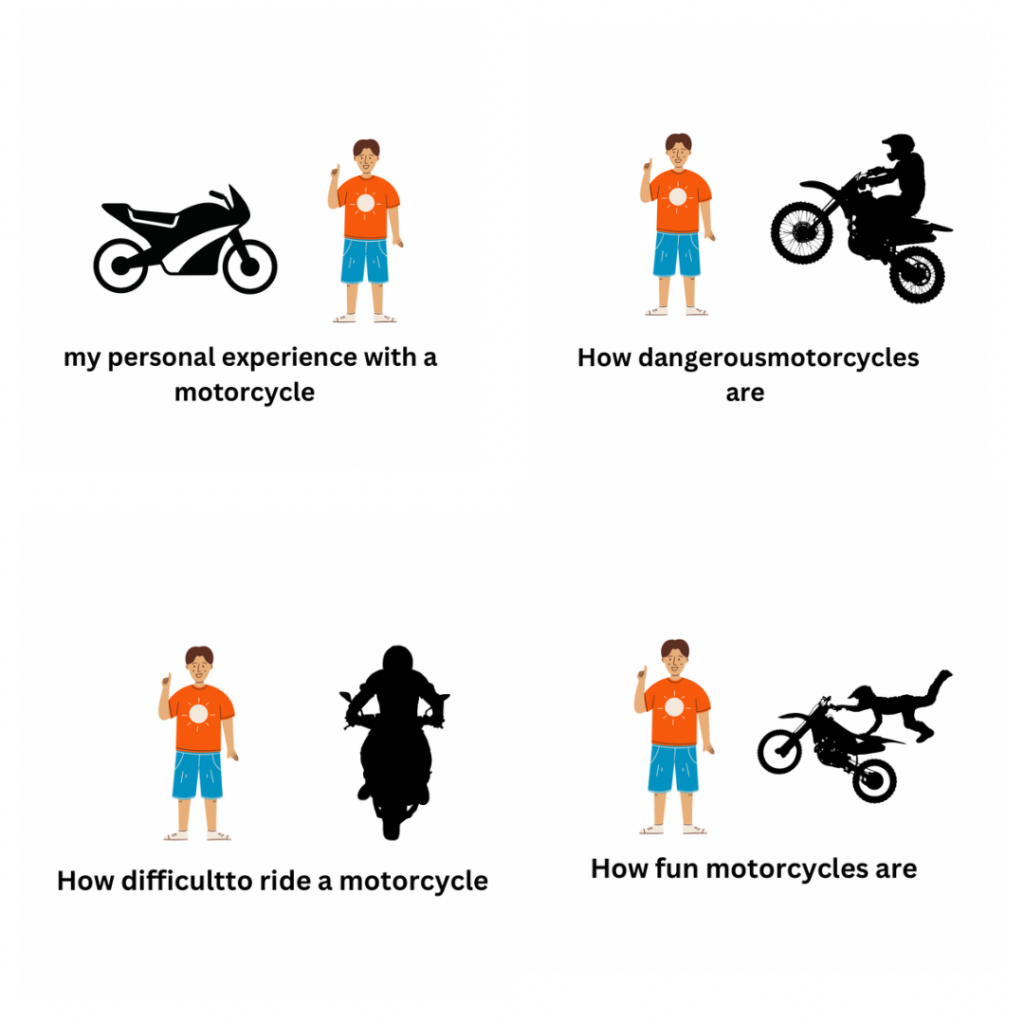
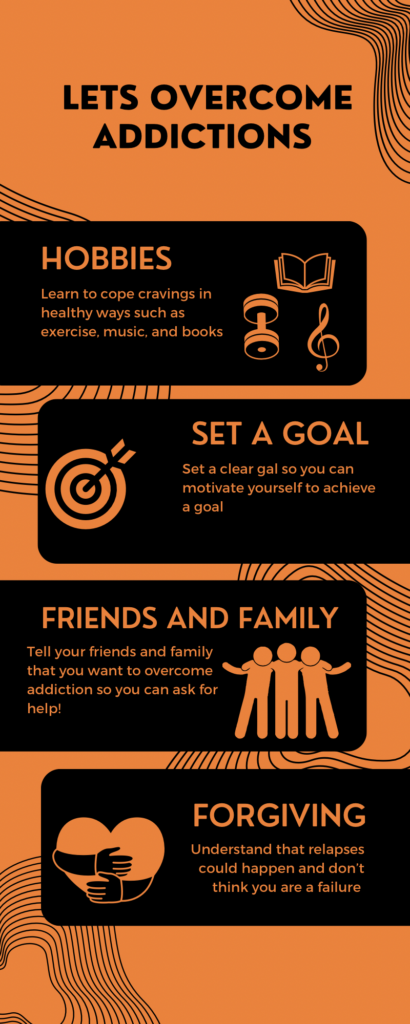
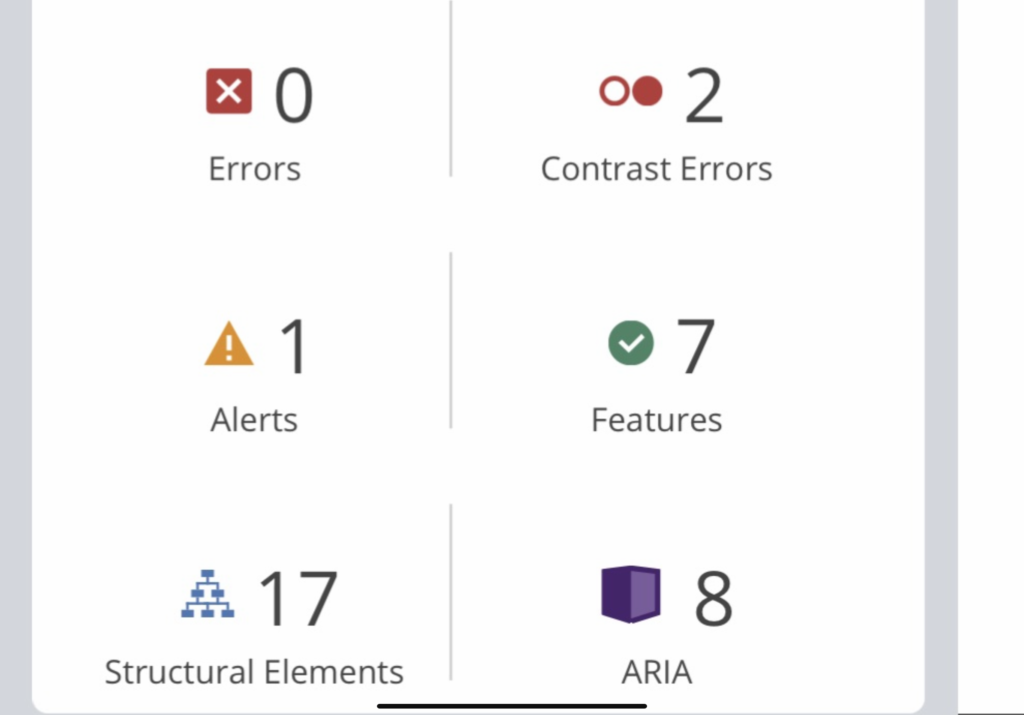

Recent Comments